Rice Callus: A Side-Effect-Free Solution to Cancer?
Why This Project Is Important
The use of rice callus (an undifferentiated mass of plant cells) with several other secondary metabolites could provide a side-effect-free cancer treatment. New lung, prostate, and breast cancer cases in the United States top over 600,000 per year. These three types of cancer are among the most deadly, but could possibly be treated with no side effects by rice callus.
Project Description
Many natural products from different plant species, like curcumin (which is derived from turmeric), have been identified for the treatment of simple ailments, like treating skin problems. Recently, researchers have looked at plant-based treatments for more invasive human diseases as well. Only a few of these products, however, have proven effective against cancer based on clinical trials. The most promising plant-based treatment method found to date is rice callus. The major drawback of most anticancer drugs is that they also affect healthy cells. Our previous experiments have shown that rice callus culture killed 83 percent of colon cancer cells and 95 percent of renal cancer cells, with little or no effect on normal cells. These results are far superior to anticancer drugs that are currently available, which cannot only target cancerous cells. Unlike whole plants or individual plant tissues, callus suspension cultures can provide an unlimited supply of compounds without the limitation of differentiation and life span, which currently provide scientists with major hurdles when researching plant-based cancer treatments. We aim to test different dilutions of rice callus culture for its ability to kill human lung, prostate, and breast cancer cells—the three most common types of cancer in the United States. If we can find an effective solution, we could—for the first time—offer an anticancer drug with minimal or no side effects.
Meet the Researcher

Rupali Datta
Dr. Datta’s primary research interest lies in the application of plant biochemistry, genetics, molecular biology and microbiology in solving environmental problems,using phytoremediation, plant-microbe interactions and bioremediation. Dr. Datta’s research involves the study of interactions between plant, soil, microbial and water systems to understand the mechanisms of uptake and detoxification of specific environmental contaminants in biota from two broad angles – biochemistry and genetics.
Specifically, Dr. Datta’s current research focus is on the study of bioavailability of metal and organic contaminants in aquatic media and the potential of using plants to remediate contaminated sites, mediated by microbes. Dr. Datta actively collaborates with environmental geochemists, soil scientists, microbiologists and analytical chemists. Dr. Datta also works on the bioavailability of contaminants using in-vitro and in-vivo models. She has also been working on the remediation of antibiotics, TNT, RDX, petroleum hydrocarbons, perchlorate and chromate in soil and water and in developing “green technology” as part of an environmental R&D, SIROM Scientific Solutions, LLC based in Montclair,...
days left
funded
last
What Your Donation Can Help Us Do:
- Purchase materials for experiments, including cancerous cell lines and reagents
- Determine if rice callus is effective in targeting lung, breast, and prostate cancers
Recent Donors
Some donors may be hidden.

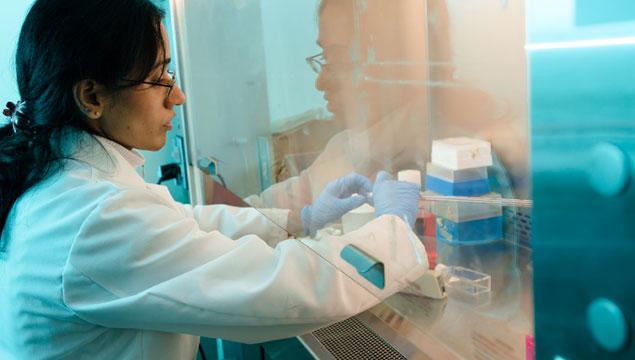
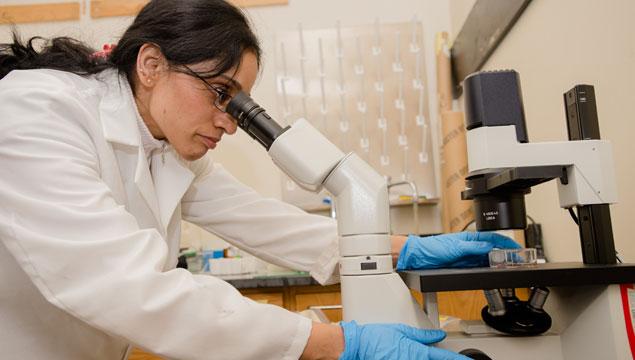
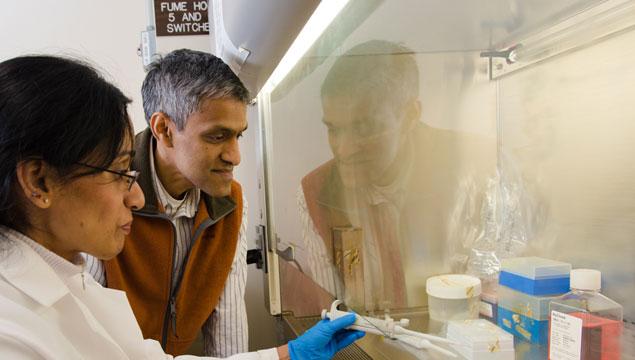
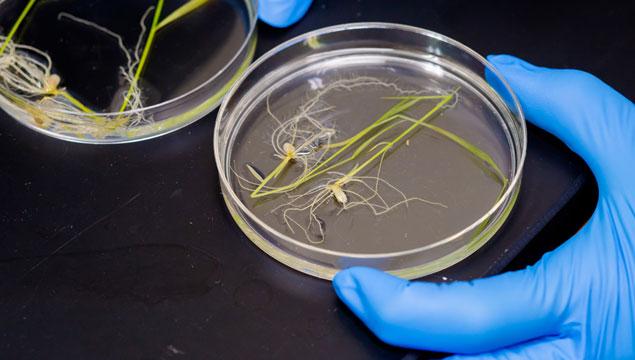
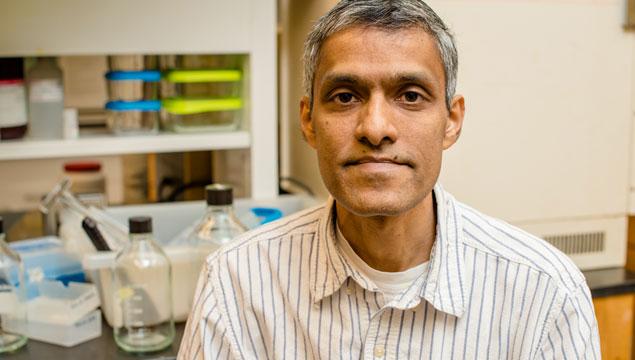
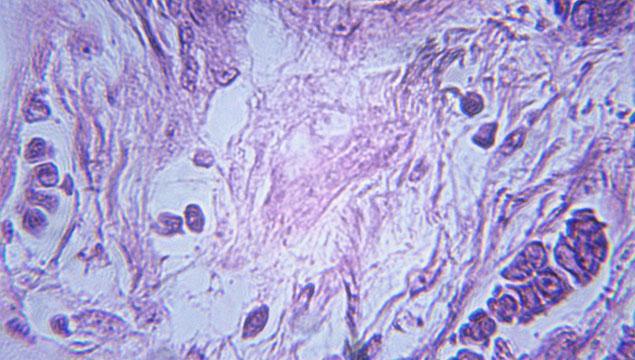
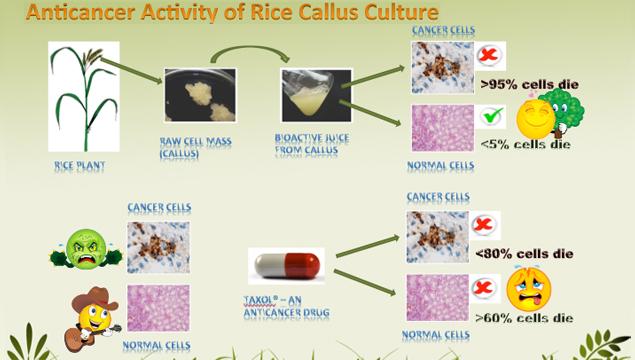



 Gifts to projects listed on SUPERIORIDEAS.ORG are received and processed by Michigan Tech Fund. Michigan Tech Fund is a tax-exempt organization under Section 501(c)(3) of the Internal Revenue Code acting on behalf of Michigan Technological University. It is the policy of Michigan Tech Fund that a portion of the gifts and/or income therefrom may be used to defray the costs of raising and administering the funds.
Gifts to projects listed on SUPERIORIDEAS.ORG are received and processed by Michigan Tech Fund. Michigan Tech Fund is a tax-exempt organization under Section 501(c)(3) of the Internal Revenue Code acting on behalf of Michigan Technological University. It is the policy of Michigan Tech Fund that a portion of the gifts and/or income therefrom may be used to defray the costs of raising and administering the funds.